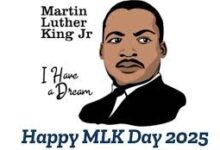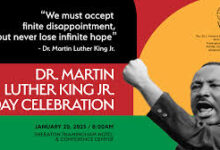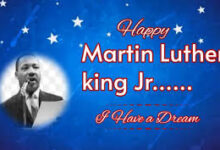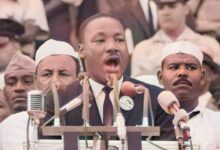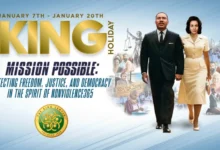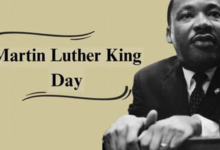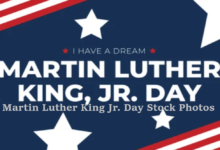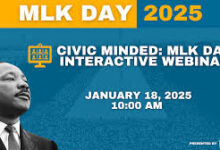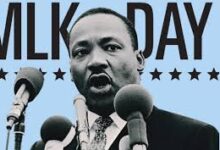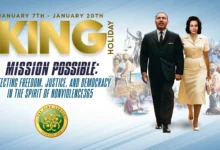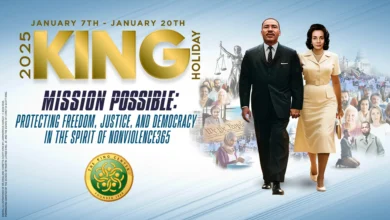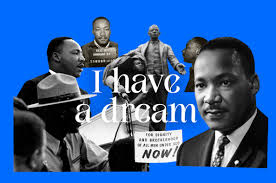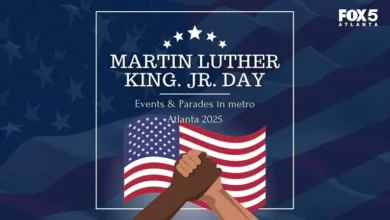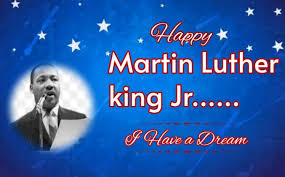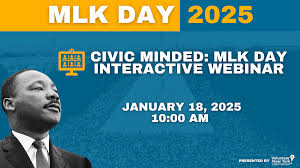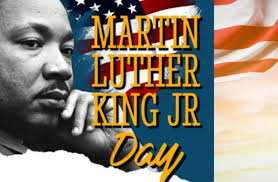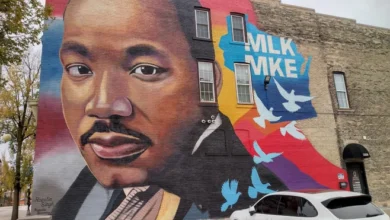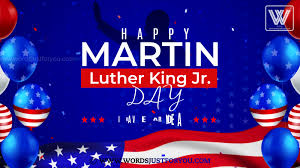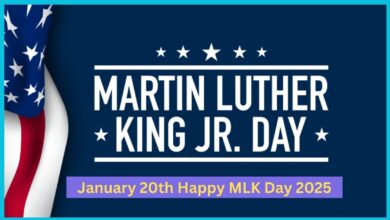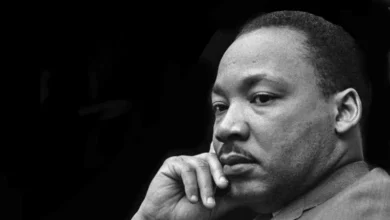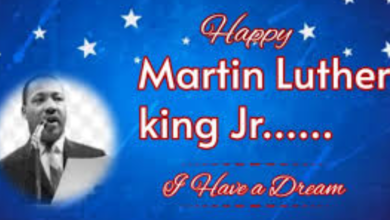is mlk day martin luther king’s birthday
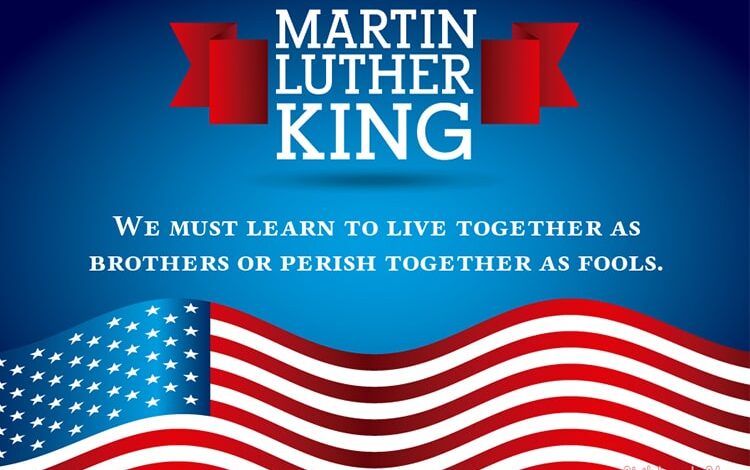
Every third Monday in January, the United States pauses to honor the life and legacy of Dr. Martin Luther King Jr., a towering figure in the fight for civil rights. Known as Martin Luther King Jr. Day or simply MLK Day, this federal holiday celebrates the vision, courage, and achievements of a man whose dream for a just and equal society continues to inspire generations. But some people wonder, “Is MLK Day actually Martin Luther King Jr.’s birthday?” If you’re curious about the origins of this holiday and how it’s connected to Dr. King’s birthdate, you’re not alone. This blog unpacks the history behind MLK Day, examines its ties to Dr. King’s birthday, and explores how the holiday has come to embody his enduring legacy.
The Connection Between MLK Day and Martin Luther King Jr.’s Birthday
MLK Day is observed on the third Monday of January, but Martin Luther King Jr. was actually born on January 15, 1929. The holiday is not fixed to his exact birthdate but instead falls on a Monday each year to provide a long weekend for reflection and celebration. This practice aligns with the Uniform Monday Holiday Act, which was designed to give Americans extended weekends for certain federal holidays, such as President’s Day and Memorial Day.
When the legislation creating Martin Luther King Jr. Day was signed into law in 1983 by President Ronald Reagan, it specified that the holiday would occur on the third Monday of January. This decision was partly practical—ensuring a consistent day of observance—and partly symbolic, as it typically falls near Dr. King’s birthday.
Why Not Celebrate MLK Day on January 15?
Creating federal holidays involves weighing various considerations, including practicality. The choice to set MLK Day on the third Monday of January (instead of January 15) follows a relatively common precedent for U.S. federal holidays. For example, President’s Day, which honors George Washington’s birthday, doesn’t align precisely with his birthdate either. Observing holidays on Mondays offers logistical benefits for schools, businesses, and workers while maintaining the spirit and purpose of the occasion.
The Journey to Establishing MLK Day
The establishment of Martin Luther King Jr. Day was not immediate and, like many aspects of Dr. King’s work, required sustained advocacy and perseverance. Here’s an overview of how the day became a federal holiday:
Dr. King’s Assassination and the Initial Push for a National Holiday
Martin Luther King Jr. was assassinated on April 4, 1968, in Memphis, Tennessee. His death shocked the nation and reinforced the urgency of his message and mission. Just days after his passing, Representative John Conyers of Michigan introduced legislation to make Dr. King’s birthday a national holiday. However, attempts to pass the bill initially stalled, facing resistance from those who underestimated or opposed Dr. King’s legacy.
Stevie Wonder’s Advocacy and Public Support
By the late 1970s, pressure to establish a holiday honoring Dr. King gained momentum. Iconic musician Stevie Wonder released the hit song “Happy Birthday” in 1980 to highlight the campaign for a national holiday. The song wasn’t just a tribute; it was also a rallying cry that galvanized public support. Wonder, alongside activists and civil rights leaders, organized petitions and lobbied Congress for the holiday.
Congressional Approval and Reagan’s Signature
Despite growing public support, many lawmakers remained reluctant. Some cited financial concerns over the cost of adding another paid holiday for federal employees, while others resisted honoring Dr. King due to ideological differences. Nevertheless, after years of advocacy, the U.S. Congress passed the bill in 1983. On November 2, 1983, President Reagan signed the legislation, officially establishing Martin Luther King Jr. Day as a federal holiday. The first national observance was held on January 20, 1986.
Widespread Adoption Across States
Even after the federal holiday was established, some states hesitated to observe it. Controversy and resistance lingered in several states, with debates over the day’s significance and its ties to the civil rights movement. Gradually, state governments came to recognize MLK Day, and by the year 2000, all 50 states officially observed it.
What MLK Day Represents Today
Martin Luther King Jr. Day is more than just an occasion to honor Dr. King’s birthday; it’s a celebration of his ideals and his vision for equality, justice, and nonviolence. It’s also a “day of service,” encouraging Americans to engage in community service projects and embody the principles Dr. King stood for.
Key Themes of MLK Day
- Civil Rights and Social Justice
MLK Day invites us to reflect on the progress made in the civil rights movement and the work that remains. Dr. King’s calls for racial equality, economic justice, and voting rights are as relevant today as they were during his lifetime.
- Nonviolence and Peace
Dr. King championed nonviolence as both a tactic and a philosophy. Observing MLK Day provides an opportunity to promote peaceful solutions to conflicts and honor his unwavering commitment to justice through nonviolent means.
- Community Service and Engagement
Since 1994, MLK Day has been designated as a national day of service. Americans are encouraged to participate in volunteer activities, from cleaning parks and feeding the homeless to mentoring youth and advocating for underserved communities.
How To Observe MLK Day
- Volunteer: Join a local service project to make a positive impact in your community.
- Learn: Read about Dr. King’s life and the broader civil rights movement. Watch documentaries like Selma or King in the Wilderness for further insight.
- Reflect: Take time to consider how you can contribute to creating a more just and inclusive society.
- Teach: Share Dr. King’s teachings with children, students, or colleagues to continue spreading his message.

